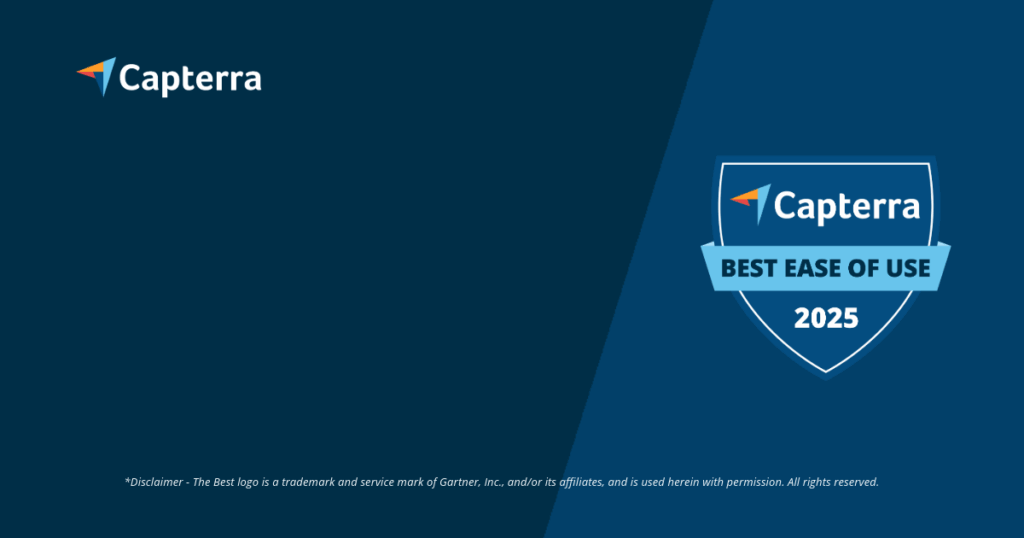In every company, regardless of its size, payroll plays a central role. But what if the underlying data is imprecise or erroneous? Many companies still rely on manual timesheets, handwritten notes, and time-consuming corrections – a process that not only ties up unnecessary resources but also jeopardizes accuracy.
This is where digital time tracking for payroll comes into play: it offers a modern solution that goes far beyond simply recording working hours. Especially in the construction and trade sectors, where work hours are often irregular, it creates transparency and efficiency. Efficient time tracking for payroll is therefore essential to increase the accuracy of payroll calculations and boost productivity.
This blog post shows how digital time tracking for payroll is revolutionizing payroll management and helping companies save time and money.
Current state of payroll management
Payroll is one of the most critical processes in any company. It ensures that employees are paid on time and accurately – a fundamental factor for satisfaction and motivation. However, in many businesses, this process still relies on outdated methods.
Common challenges include:
- Manual timesheets: They are error-prone, hard to read, and often get lost.
- Opaque processes: Lack of clear structures make it difficult to track working hours.
- Time-consuming reprocessing: Billing errors often lead to complaints, consuming additional resources.
These issues are particularly relevant in the construction and trade sectors, where shift times often vary, and projects pose different demands. Here, reliance on manual systems quickly leads to frustration and inefficiency.
What does this mean for companies?
Errors in time tracking can lead not only to dissatisfied employees but also to legal consequences. Unclear or erroneous records hinder compliance with regulations such as the Minimum Wage Act or the Working Time Ordinance.
The solution: Digital time tracking for payroll offers a solution. It records working hours accurately, reduces sources of error, and lays the foundation for smooth payroll management. This way, companies can not only enhance their efficiency but also promote employee satisfaction.
Advantages of digital time tracking for payroll
Digital time tracking for payroll offers companies much more than just a convenient method of recording working hours. It is a transformative technology that fundamentally changes how payroll is operated. The key benefits are described below:
Precision and accuracy
One of the biggest weaknesses of manual time tracking is its susceptibility to errors. Handwritten timesheets or unstructured Excel spreadsheets often lead to transposed numbers, illegible notes, or forgotten entries. With a digital time tracking system, these problems become a thing of the past. Working hours are recorded in real-time and stored systematically.
- Automatic data transfer: Working hours flow directly into the payroll software without needing to be entered manually.
- Error reduction: Automated data collection minimizes human errors and ensures accurate billing.
Time savings
Automating processes not only saves time but also lightens the load for payroll employees.
- Less administrative burden: Digital systems automatically capture, store, and process working hours. Manual transfers are eliminated.
- Simple reporting: Detailed working time reports can be created with just a few clicks, seamlessly integrating into accounting processes.
Flexibility
Digital time tracking systems are designed to meet the individual requirements of a company.
- Export options: Data can be easily exported in formats such as Excel or CSV, allowing it to be passed on to external accounting service providers.
- Customizability: Companies can integrate specific requirements, such as considering shift models or absences, into the systems.
Why time tracking for payroll is indispensable
The digitalization of time tracking not only ensures seamless integration into payroll but also strengthens compliance with legal requirements. Precise documentation is crucial to comply with regulations such as the mandatory working time recording according to EU directives or the Minimum Wage Act.
Practical features of digital time tracking for payroll
Digital time tracking systems offer a variety of functions tailored to the needs of modern companies. They go far beyond mere time recording and facilitate numerous processes.
Working time and absence tracking
A central component of digital systems is the systematic recording of working hours and absences.
- Working time management: Employees can enter their working hours in seconds, and the system automatically saves the data.
- Absences and vacation requests: Vacation, sick days, and other absences are recorded and updated in real time, so they can be seamlessly integrated into payroll.
Integration with accounting software
Digital time tracking systems are designed to integrate seamlessly with existing software solutions.
- Automated data handover: Working hours are directly imported into accounting programs, simplifying processing.
- Central management: All data is consolidated in a central dashboard, providing a quick overview.
Use for performance records
A particular strength of digital time tracking is its versatility.
- Performance records and reports: In addition to payroll, recorded hours can be used for reports like timesheets or service reports.
- Traceability: All times are systematically stored and can be retrieved at any time.
Data protection and compliance
GDPR-compliant data processing is an essential aspect of modern time tracking systems.
- Secure data access: Only authorized individuals can access sensitive information.
- Compliance guarantee: Adherence to legal requirements is ensured through standardized processes.
Economic benefits of time tracking for payroll
Implementing a digital time tracking system is not only a practical step but also a wise investment in the future of a company. The economic benefits are clear and positively affect both efficiency and cost structure.
Reduction of error costs
Errors in payroll, whether due to illegible timesheets or incorrect calculations, can be costly. Digital time tracking for payroll minimizes these risks through precise and automatic data processing.
- Savings potential: Studies show that companies can reduce administrative costs by up to 20% through digital time tracking.
- Avoidance of penalties: Compliance with legal regulations is ensured through precise documentation, thereby avoiding fines and legal disputes.
Time savings and productivity increase
Employees and accounting teams benefit from automated processes that save time and avoid errors.
- Relief for employees: Less administrative burden leads to higher productivity in other areas.
- More efficient processes: Fast reporting and seamless integration into accounting software reduce processing times.
Long-term return
Investing in a digital time tracking system pays off in the long run, as the efficiency gains and cost savings far exceed initial investments.
Future perspectives of digital time tracking
Digital time tracking for payroll is still in its early stages. As technology advances, further optimizations and automations become possible, offering companies additional benefits.
Integration of artificial intelligence
AI technologies will play an even greater role in time tracking in the future.
- Automated forecasts: AI can recognize patterns in working hours and provide suggestions for optimizing shift schedules.
- Real-time analyses: Companies gain detailed insights into working hours and productivity that aid in decision-making.
Networking with digital ecosystems
Time tracking is increasingly linked with other business processes to create comprehensive solutions.
- IoT integration: Devices such as smartphones or wearables could automatically record working hours.
- Cloud solutions: Data is accessible anytime and from anywhere, enhancing flexibility.
The continuous development of these systems will further revolutionize how companies manage working hours.
Conclusion
Digital time tracking for payroll offers companies a way to make their payroll more efficient, accurate, and cost-effective. From automated recording to seamless integration into accounting systems – the benefits are clear and numerous. Companies taking this step will benefit from fewer errors, time savings, and higher employee satisfaction.
The ongoing digitalization opens up new opportunities for companies to streamline their payroll processes. With the integration of technologies such as AI and cloud solutions, processes can be further optimized. Companies that invest in digital time tracking for payroll create a future-proof foundation. Start today with Valoon and enhance your payroll through our modern time tracking solution! Contact us with questions or book a demo directly!
Or would you like to learn more about digital time tracking right away? Check it out here!








